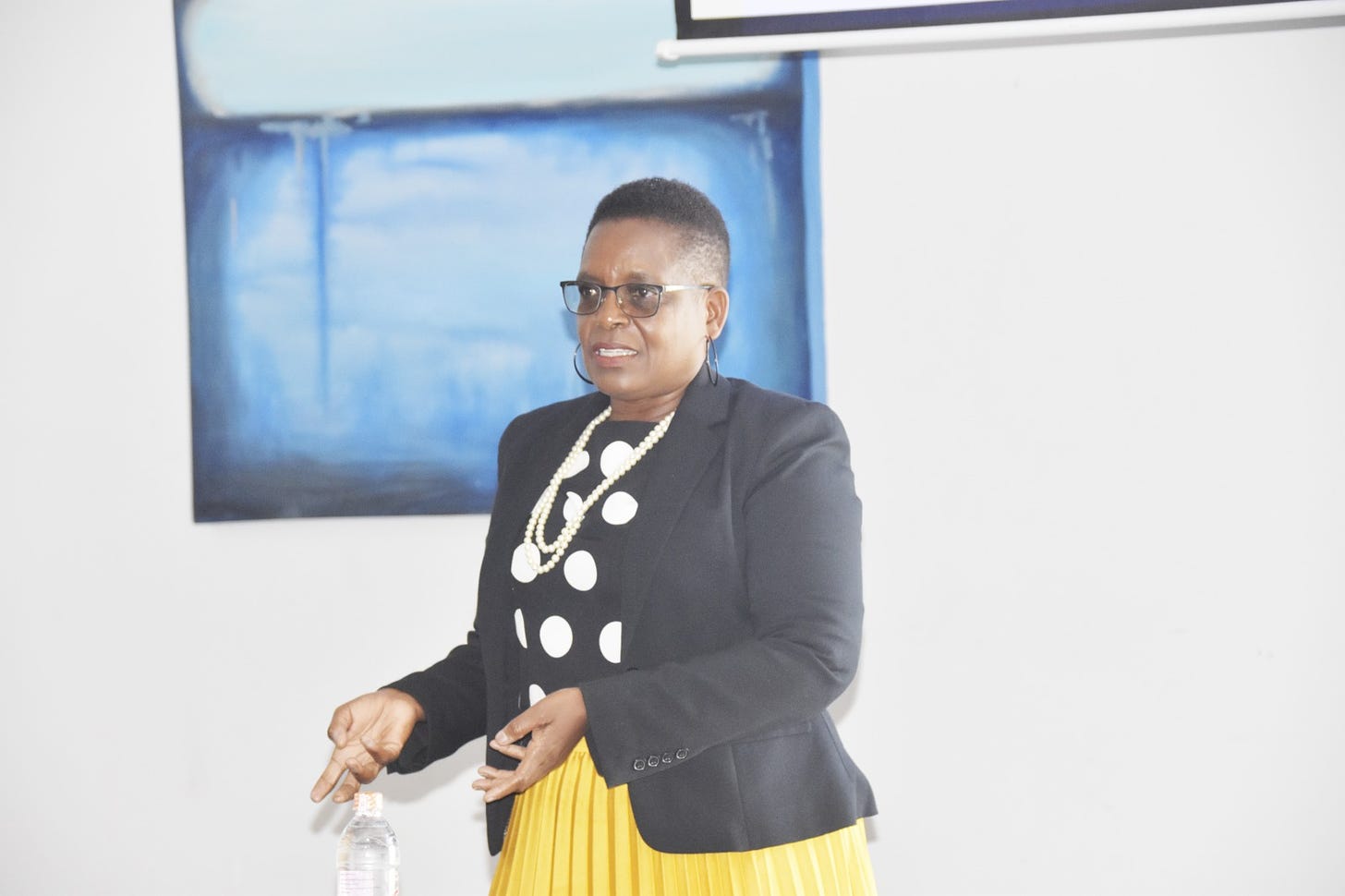Community Broadcasters Trained to Propel Social Support for Resilient Livelihoods Project Implementation
The SSRLP, active in all 28 districts, is a governmental initiative spearheaded by the Malawi government through the National Local Government Finance Committee.
BLANTYRE, Malawi — Strengthening the implementation of the Social Support for Resilient Livelihoods Project (SSRLP) has taken a significant step forward with the training of community broadcasters from across the nation, writes Maureen Kawerama.
The SSRLP, active in all 28 districts, is a governmental initiative spearheaded by the Malawi government through the National Local Government Finance Committee.
The endeavour is bolstered by funding from the Multi-Donor Trust.
During a two-day community radio orientation on the project held in Blantyre on Thursday, Chief Economist at the Ministry of Finance and Economic Affairs, Bessie Msusa, emphasised the pivotal role of community radio stations as vital stakeholders in community engagement.
The orientation seeks to empower community broadcasters to play a pivotal role in disseminating crucial information to the SSRLP's target beneficiaries at the grassroots level.
Msusa stated, "Through the National Local Government Finance Committee (NLGFC), we organised this orientation for community radios to support the implementation of SSRLP in terms of advocacy, addressing project-related issues, and conveying challenges and successes."
The SSRLP Project aligns with the Malawi National Social Support Programme, focusing on the Social Cash Transfer Programme (SCPT), the Climate Smart Enhanced Public Works Programme, and Livelihoods and Skills Development.
The beneficiaries of these initiatives are identified through the Unified Beneficiary Registry (UBR).
These programmes aim to empower communities to build resilience and sustainable livelihoods, thus lifting them out of poverty and promoting socioeconomic inclusion.
Reflecting on the training's impact, Martha Mwandira, Promotions Officer for Radio Maria Malawi, underscored its role as an "eye-opener" for community broadcasters.
"As agents of change, the skills gained from the training will enable us to advocate for transformative livelihood changes through our programming," Mwandira noted.
Peter Sam Dziyende, Deputy Station Manager for Dzimwe Community Radio Station, echoed the sentiment, stating that the training had provided him with a comprehensive understanding of the SSRLP project.
The Social Support for Resilient Livelihoods Project sets its sights on assisting 520,000 households through the public works initiative and 147,000 households via the social cash transfer programme.



